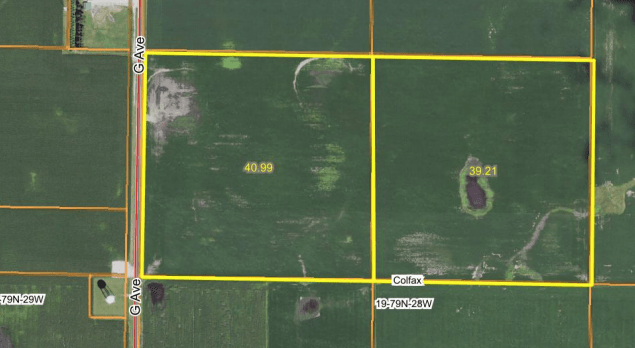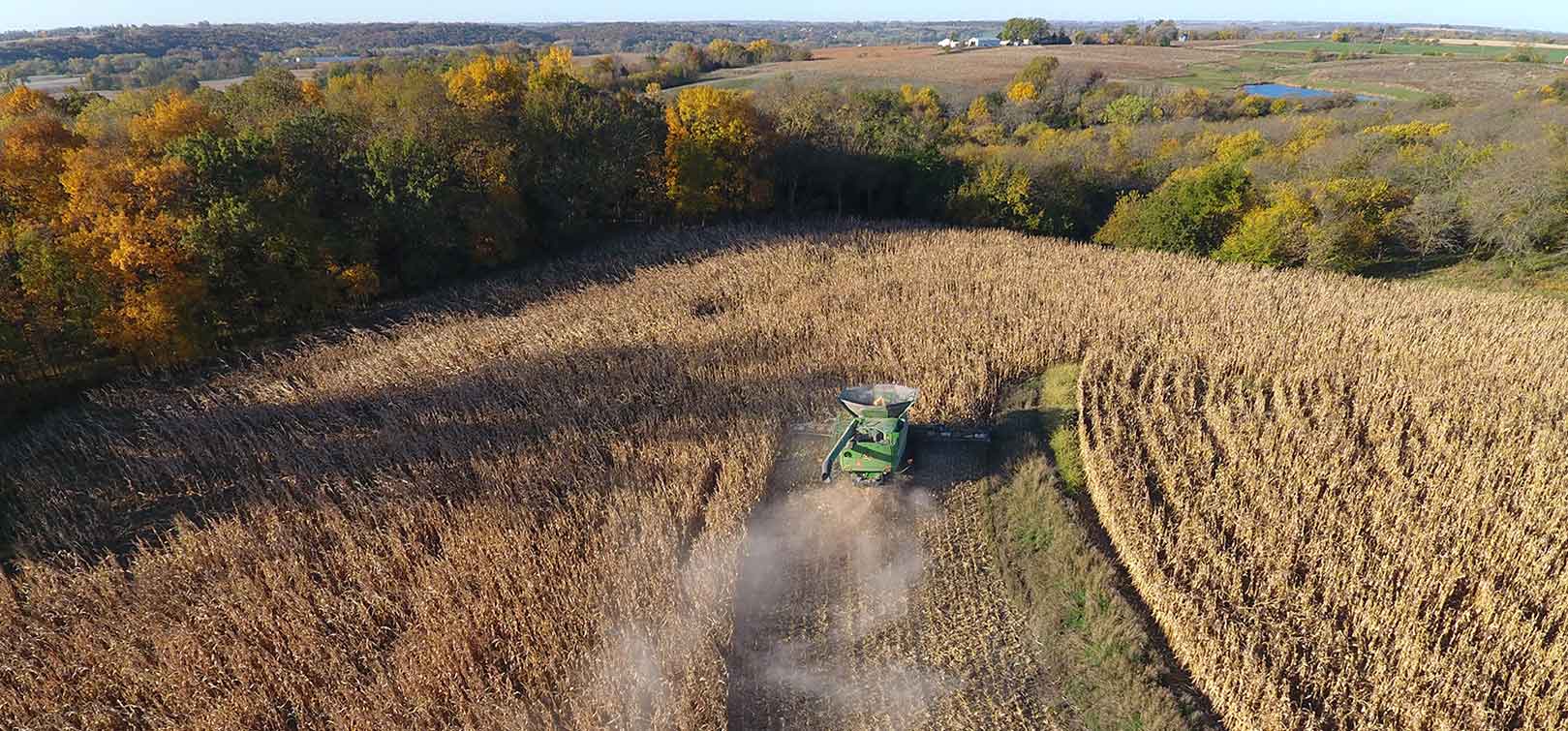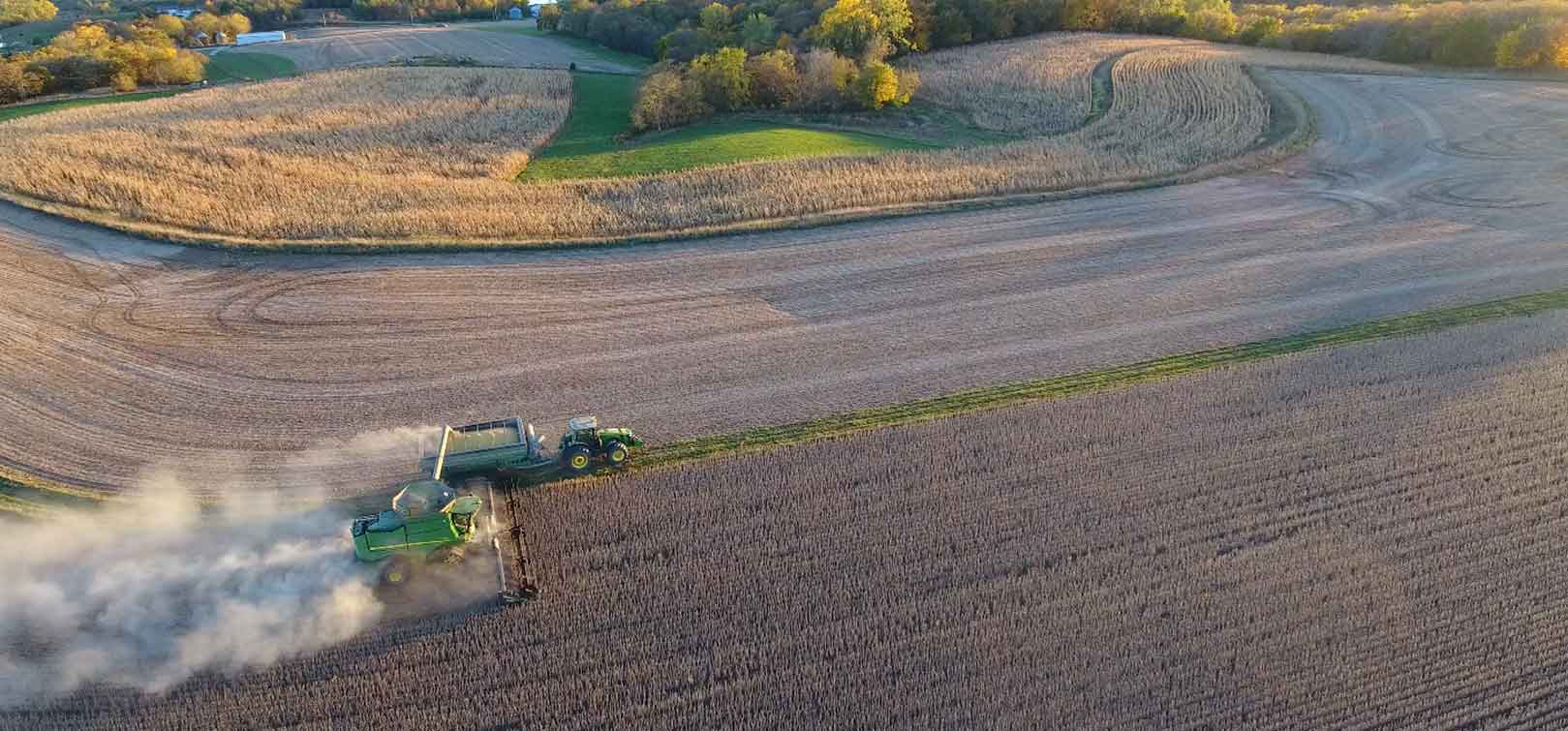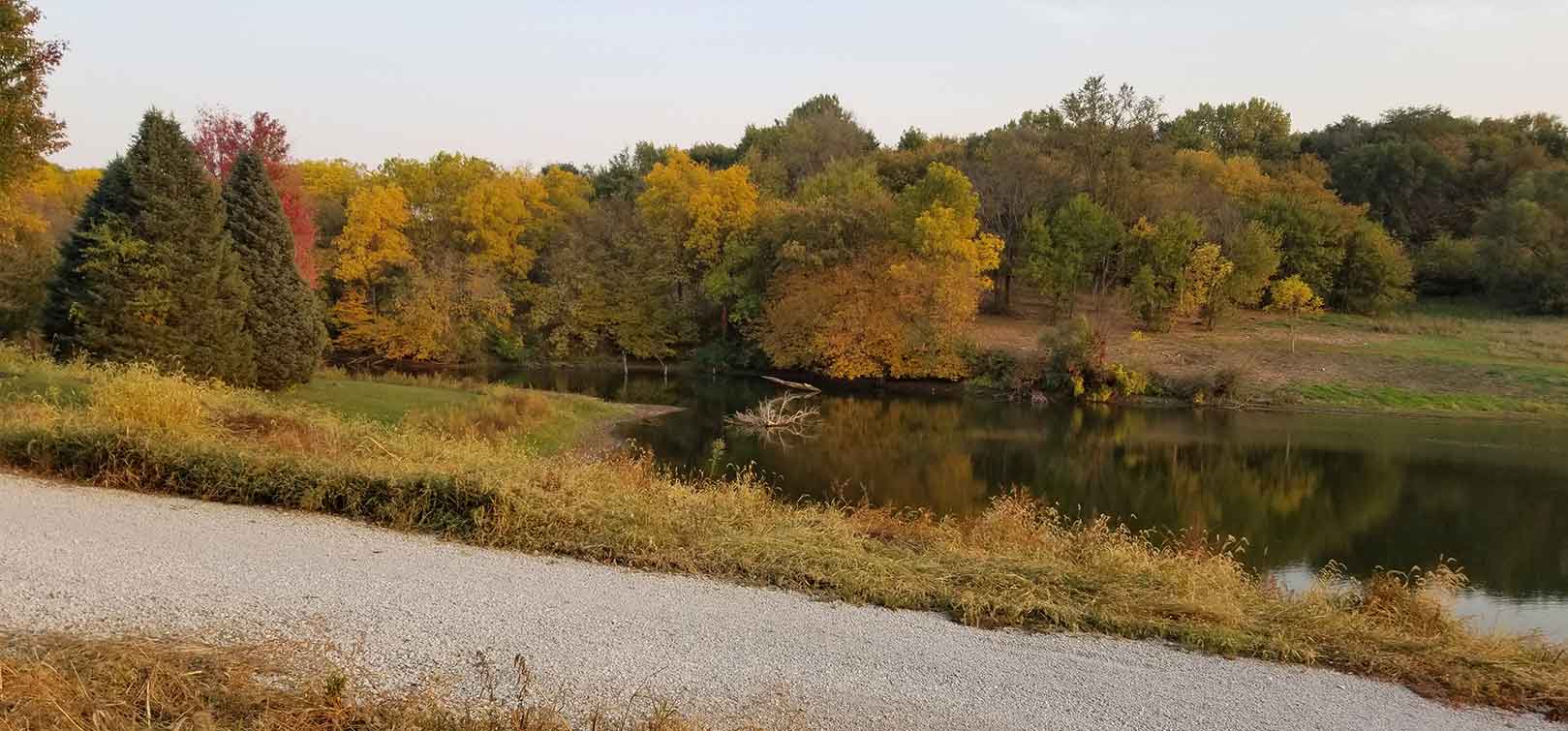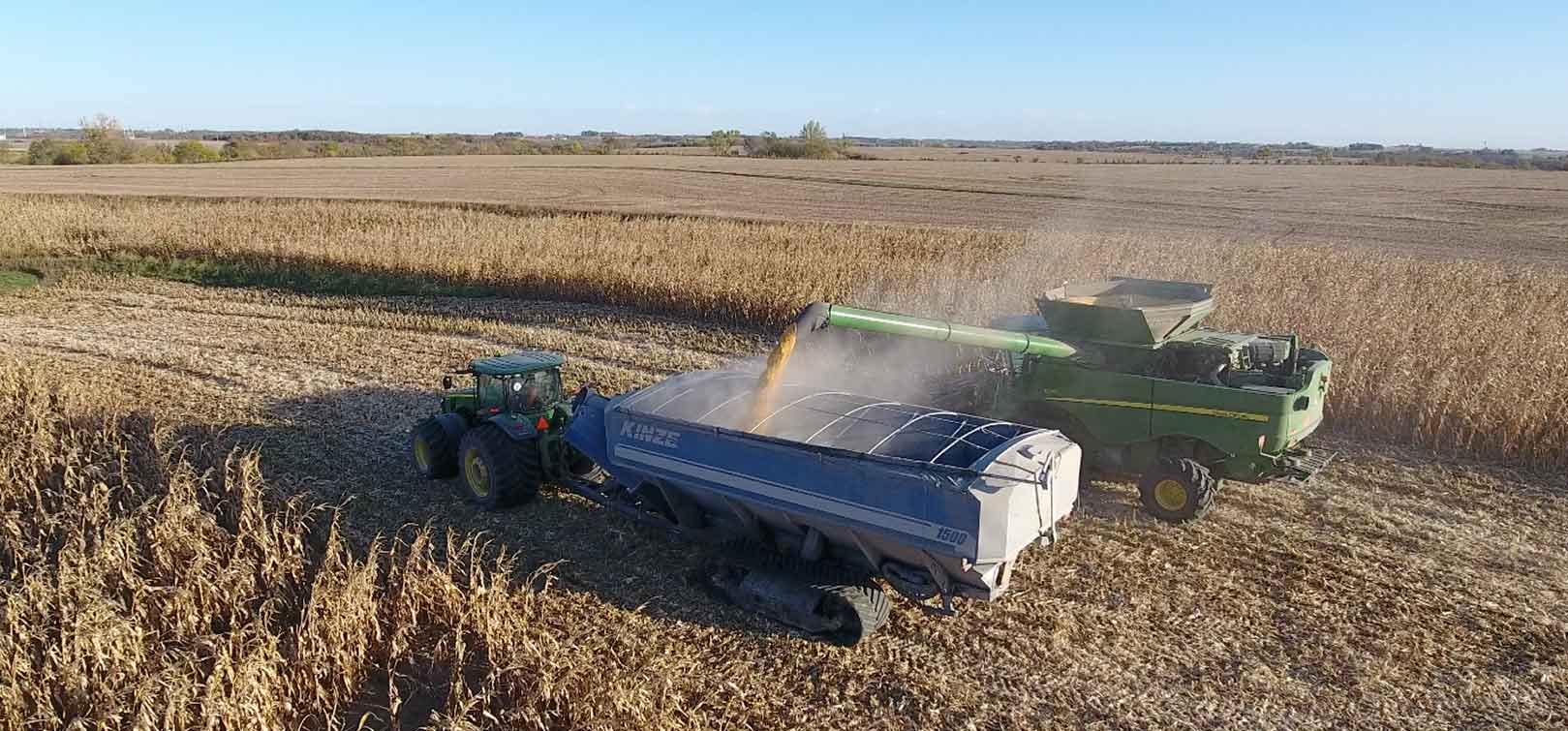May 3rd – May 26th
Hello! A lot has happened in the last 3 weeks since my last farmland market blog! Currently, there are 409 active listings in Iowa with an average listing price of $7,802/acre! Three land auctions coming up this week in Dallas County, Palo Alto County, and Cherokee County. I’ll post results from these auctions in next week’s blog. Here’s sold prices from the last three weeks auctions! The land market is still incredibly strong and right now is a great opportunity to sell if you’ve been think of doing so! Get started today by filling out my short questionnaire.
JEFFERSON COUNTY, IOWA 207.56 ACRES ABSOLUTE FARMLAND AUCTION
- City: Fairfield, IA
- Live Auction Held at Activities Building on the Fairfield Fairgrounds
- Sold in 2 Tracts
- Tract 1 – 135.01 acres
- Sold for $8,400/acre
- 92% tillable
- 64.05 CSR2
- $131.14/CSR2
- Tract 2 – 72.55 acres
- Sold for $8,000/acre
- 97% tillable
- 63.9 CSR2
- $125.20/CSR2
- Tract 1 – 135.01 acres
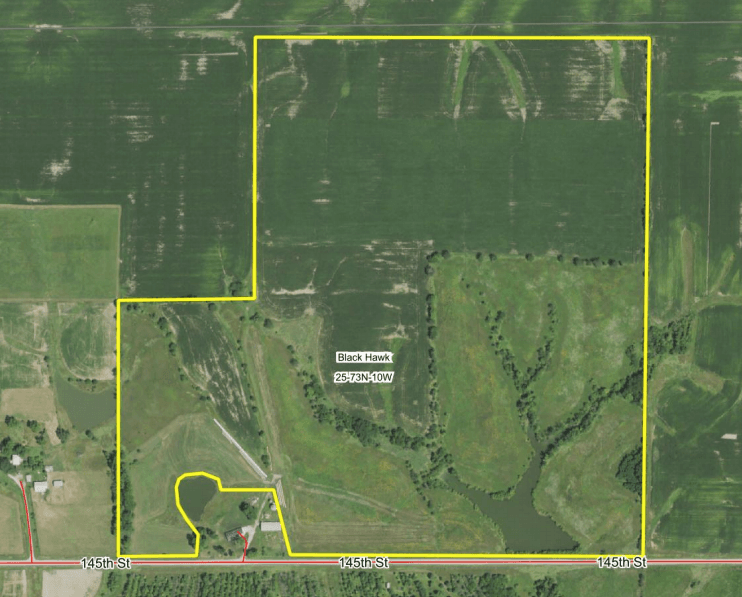
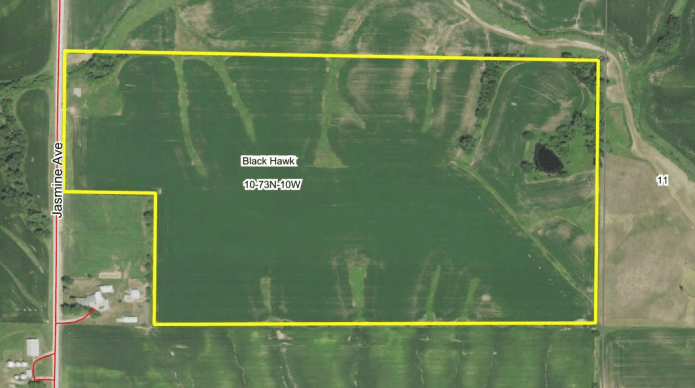
HENRY COUNTY, IOWA 76 ACRES FARMLAND AUCTION
- City: Windfield, IA
- Online Only Auction
- 75.68 surveyed acres
- 100% tillable
- Sold for $13,750/acre
- 84.7 CSR2
- $162.34/CSR2
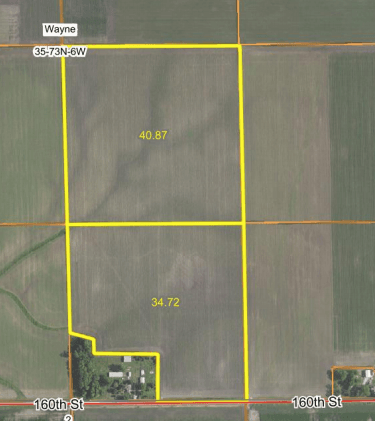
JEFFERSON COUNTY, IOWA 118.87 ACRES FARMLAND AND HOME AUCTION
- City: Fairfield, IA
- Timed Online Auction
- Sold in 3 Tracts
- Tract 1 – 37.87 acres
- Sold for $12,200/acre
- 96.2% tillable
- 74.2 CSR2
- $164.42/CSR2
- Tract 2 – 78 acres
- Sold for $13,050/acre
- 98.8% tillable
- 78.5 CSR2
- $166.24/CSR2
- Tract 3 – 2 Story Home with 2 acres
- Sold for $140,000
- Built in 1900
- 2,052 sq ft
- 3 bed, full bath
- Sheds, barns
- Grain bins
- Tract 1 – 37.87 acres
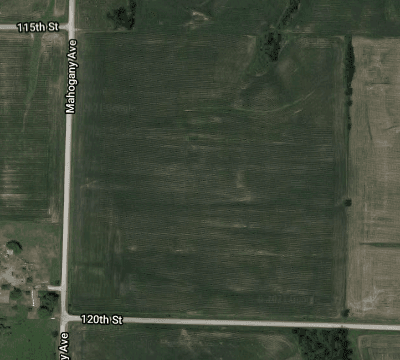
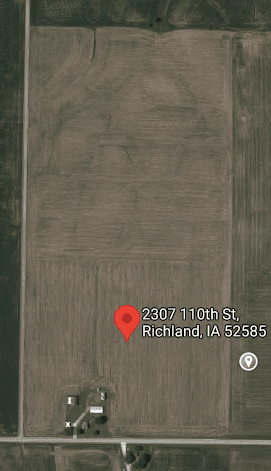
PLYMOUTH COUNTY, IOWA 41 ACRES PASTURE LAND and ACREAGE AUCTION
- City: Hinton, IA
- Live and Online Auction, held at farm 28224 South Ridge Road Hinton, IA 51024
- Sold in 2 Tracts
- Tract 1 – 37.87 acres
- Sold for $8,100/acre
- Pasture acres
- 45.6 CSR2
- $177.63/CSR2
- Tract 2 – Home and Acreage 6.7 acres
- Sold for $150,000
- Single story, built in 1920
- 2 bedroom
- 1,176 square foot
- Tract 1 – 37.87 acres
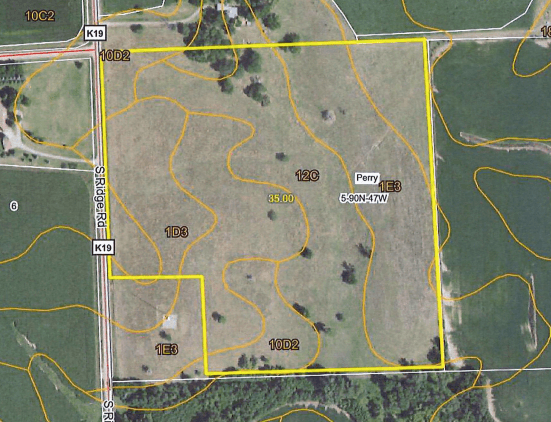
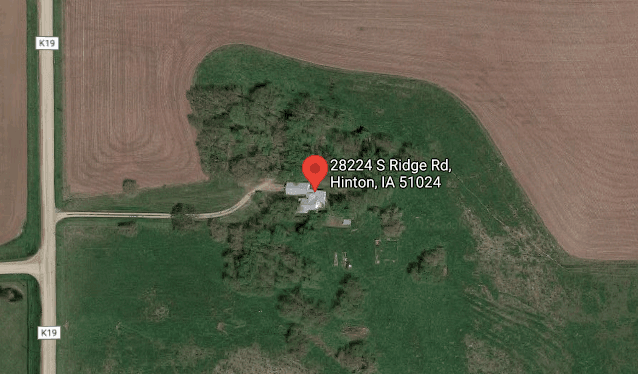
PLYMOUTH COUNTY, IOWA 190 ACRES DEVELOPMENT LAND AUCTION
- City: Merill, Iowa
- Live and Online Auction, held at farm 2801 C-44 Merrill, IA 51038
- Sold in 4 Tracts
- Tract 1 – 135 acres
- Sold for $8,500/acre
- Tract 2 – 33 acres
- Sold for $10,100/acre
- Tract 3 – 22 acres
- Sold for $6,600/acre
- Tract 4 – 4 acres with living quarters, storage and grain handling facility
- Sold for $575,00
- Tract 1 – 135 acres
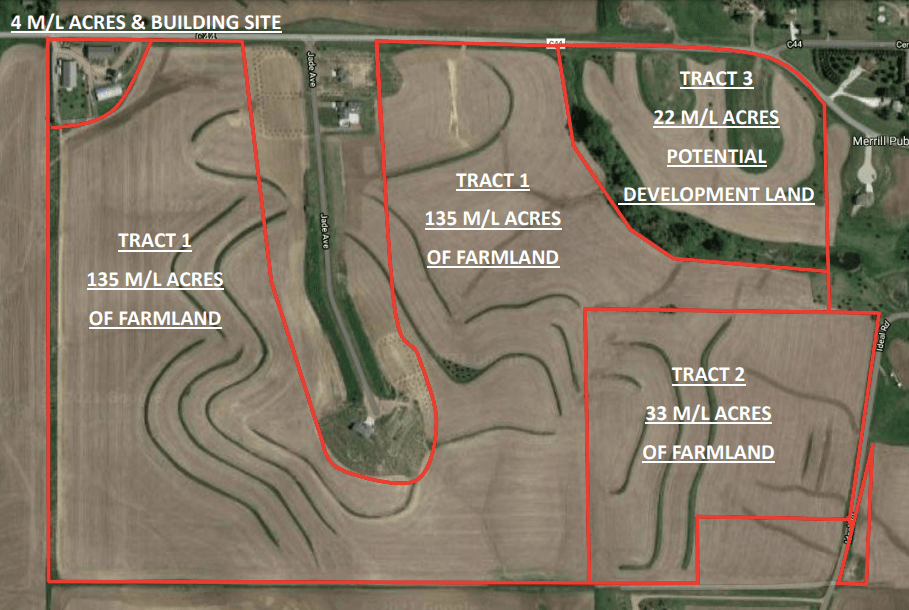
HARRISON COUNTY, IOWA 100 ACRES ABSOLUTE LAND AUCTION
- City: Woodbine, Iowa
- Online Only Auction
- 43.76% tillable
- Sold for $8,550/acre
- 60.9 CSR2
- $139.57/CSR2
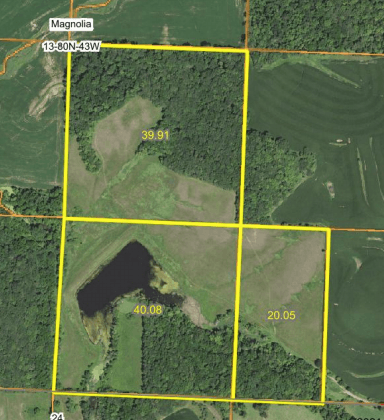
PAGE COUNTY, IOWA 39 ACRES RECREATIONAL LAND AUCTION
- City: Clarinda, IA
- Online Only Auction
- With new cabin
- 9 acres of CRP
- Sold for $4,600/acre
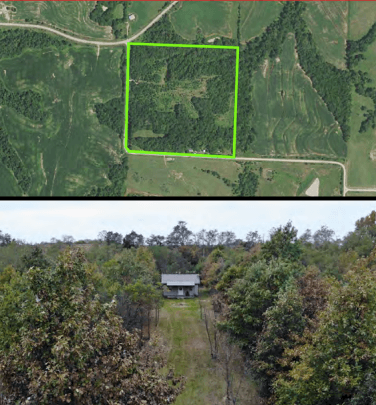
DALLAS COUNTY, IOWA 81 ACRES FARMLAND AUCTION
- City: Redfield, IA
- Live and online auction held at: Redfield American Legion
- Gas storage lease
- 99% tillable
- Sold for $13,750/acre
- 88 CSR2
- $156.25/CSR2
